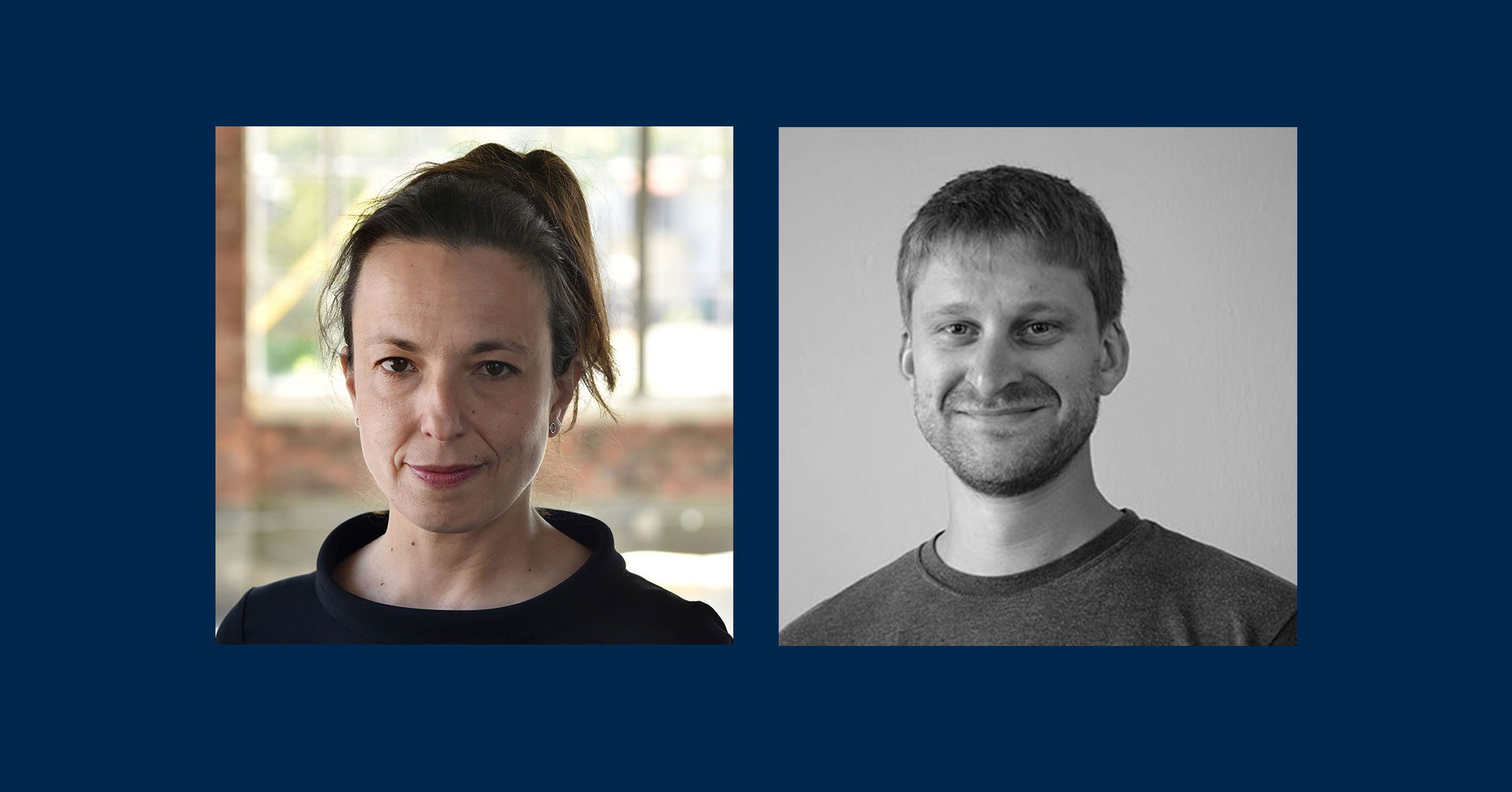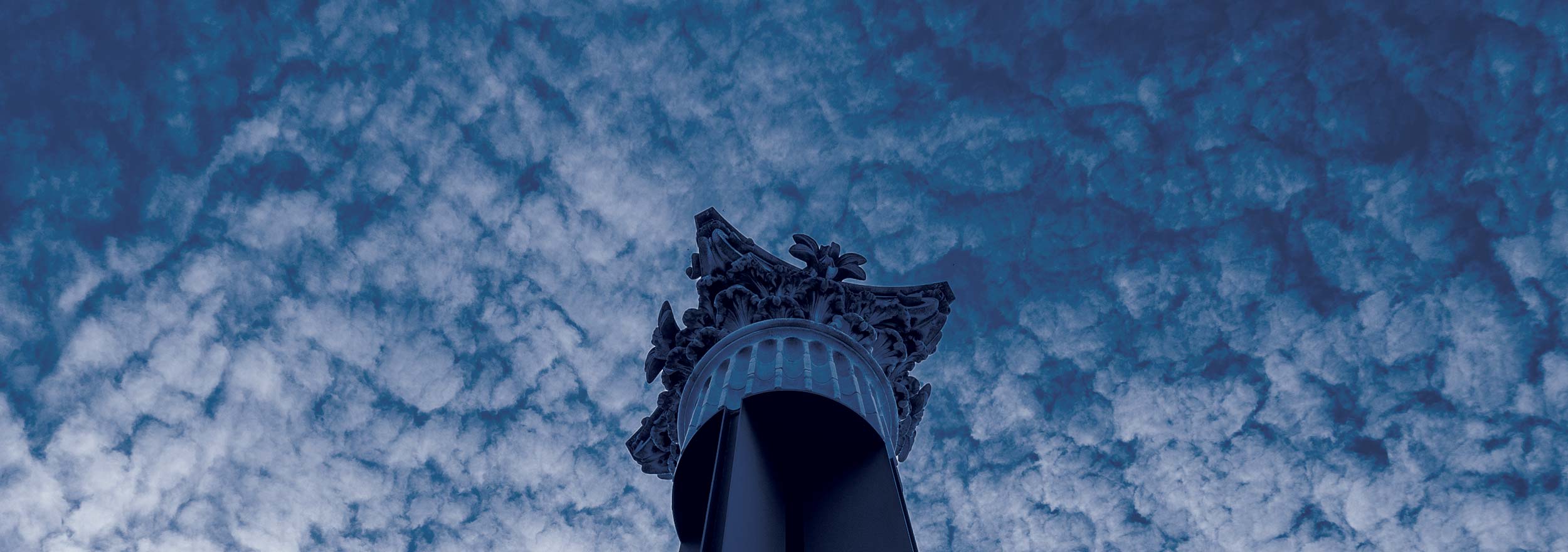Kathy Velikov, professor and associate dean for research and creative practice, and Charlie O’Geen, lecturer, are members of two project teams recognized with Graham Sustainability Institute Catalyst Grants. Since 2017, the Graham Sustainability Institute has provided more than thirty sustainability catalyst grants to support small-scale, collaborative, interdisciplinary sustainability research. Five newly awarded grants include researchers from nine units across the University of Michigan, several other academic institutions, and multisectoral partners. Each of the five featured research teams will receive $10,000.
Velikov is a co-investigator on “Paradigm-Shifting Protection of Ancient Ruins: A Sustainable, Community-Based Plan to Preserve the Notion Archeological Site in Turkey.” Notion, an ancient Greek city on the west coast of Turkey, is richly endowed with natural and cultural resources. It is also increasingly endangered by human development and environmental degradation. Though the city and adjacent beach were declared protected archeological zones in the 1980s, they remain vulnerable to the effects of climate change and sea-level rise, illegal development, pollution, and looting of the archeological site. The catalyst grant will enable the team to travel to Notion and to convene local architects, conservators, public officials, and residents to turn a preliminary proposal, developed with Turkish partners and engage local residents, into actionable plans with the necessary grass-roots support. The research carried out at Notion will advance the development of collaborative and community-oriented strategies that can be scaled up at the local level and more widely at other sites around the Mediterranean confronted with similar challenges and opportunities. In addition to Velikov, the team consists of Christopher Ratté, PI (Classical Studies); Suzanne Davis (Kelsey Museum of Archeology); Hazar Kaba (Sinop University); Metin Kılıç (M+D Mimarlık); Yaşar Selçuk Şener (Ankara Hacı Bayram Veli University); and Dürrin Süer (M+D Mimarlık).
O’Geen is a co-investigator, working with PI Roman Hryciw, PI (Civil and Environmental Engineering) on “Dirt Cheap: Facilitating Earth-Building as a Path to Affordable Green Housing.” Building materials and construction contribute significantly to global greenhouse gas emissions. At the same time, every community in every state across the country is impacted by the soaring cost of housing. One natural building material could mitigate the building-material emissions problem and the affordable housing shortage: earth. Earth-building has been used for thousands of years. It offers several advantages to the environment and occupants: inherent fire resistance, low carbon emissions from production and transport, design for circular economies, ability to absorb pollutants and store heat, ease of construction for nonprofessionals, and improved indoor air quality. But earth-building won’t be commercially viable until the architecture, engineering, and construction (AEC) industry has an accurate, field-deployable system for testing the amenability of the earth at any given site for use in construction. This project team will build on their previous research to develop a testing system called RapidSed, which would come in the form of a mailable kit and allow builders to identify and amend soils for use in earth construction.





